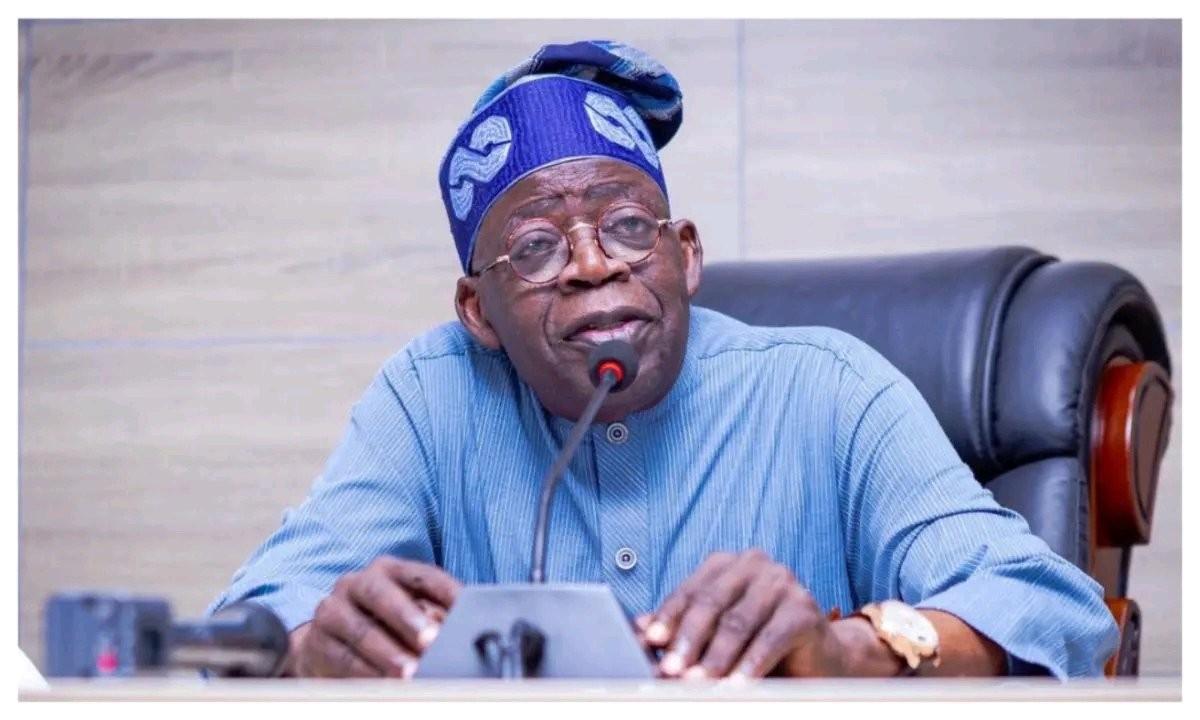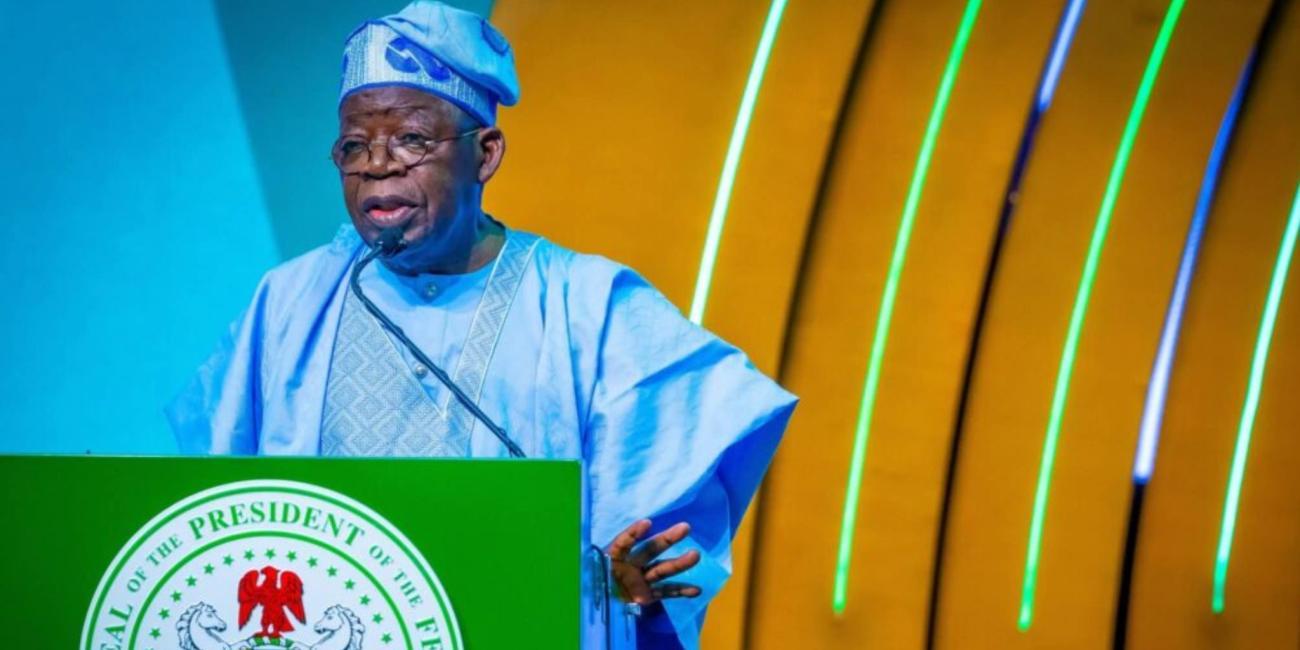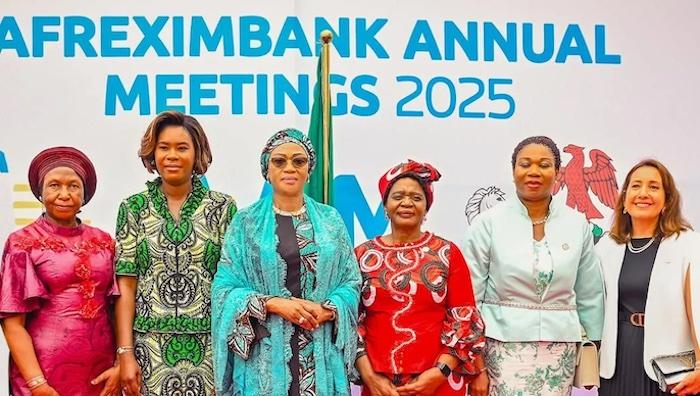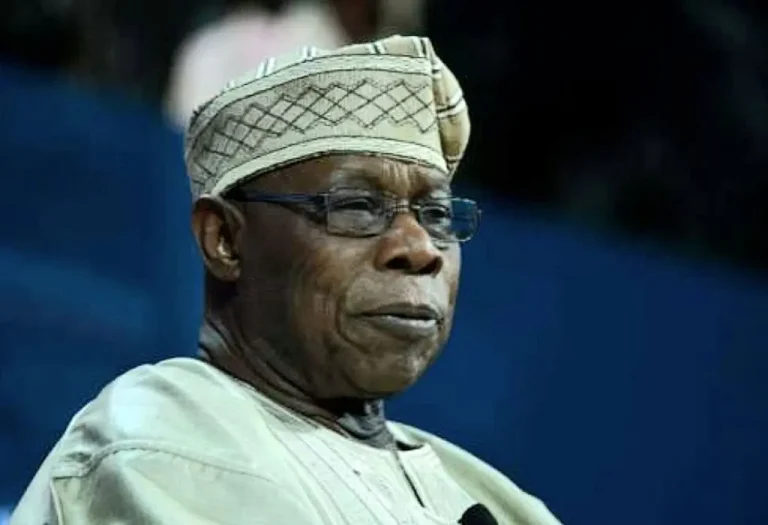FG Approves just $1bn for Modernisation of Apapa, TinCan Ports in Lagos.
The Federal Government has approved $1 billion (₦1.4 trillion) for the modernisation of Apapa and TinCan Island seaports in Lagos — Nigeria’s busiest commercial gateways.
Minister of Marine and Blue Economy, Adegboyega Oyetola, announced this on Wednesday at the Chartered Institute of Logistics and Transport (CILT) Nigeria Conference in Lagos.
He said the project aims to enhance cargo handling, expand capacity, and align operations with global standards under the ministry’s 10-year marine and blue economy strategy.
“We are working closely with stakeholders to achieve a paperless, technology-driven port environment that enhances efficiency, reduces turnaround time, and curbs corruption,” Oyetola stated.
He added that similar port upgrades are being planned outside Lagos to ensure balanced development nationwide.
Though the government has not released full details or a timeline, reports earlier this year indicated that ITB Nigeria — owned by Lebanese-Nigerian businessman Gilbert Chagoury — had been awarded a $700 million contract for the Lagos port renovation, expected to begin in mid-2025.
The project is to be financed through a Citibank loan backed by UK Export Finance, with additional support from Afreximbank.
APM Terminals, operators of the Apapa port and a subsidiary of Maersk, has also proposed a $500 million investment.
Oyetola noted that the ministry is fostering private sector participation through regulatory reforms, public-private partnerships, and incentives to drive innovation and job creation.
Lagos ports, despite high fees and ageing infrastructure, remain vital trade hubs for West Africa and continue to attract major global shipping companies.
The Federal Government has approved $1 billion (₦1.4 trillion) for the modernisation of Apapa and TinCan Island seaports in Lagos — Nigeria’s busiest commercial gateways.
Minister of Marine and Blue Economy, Adegboyega Oyetola, announced this on Wednesday at the Chartered Institute of Logistics and Transport (CILT) Nigeria Conference in Lagos.
He said the project aims to enhance cargo handling, expand capacity, and align operations with global standards under the ministry’s 10-year marine and blue economy strategy.
“We are working closely with stakeholders to achieve a paperless, technology-driven port environment that enhances efficiency, reduces turnaround time, and curbs corruption,” Oyetola stated.
He added that similar port upgrades are being planned outside Lagos to ensure balanced development nationwide.
Though the government has not released full details or a timeline, reports earlier this year indicated that ITB Nigeria — owned by Lebanese-Nigerian businessman Gilbert Chagoury — had been awarded a $700 million contract for the Lagos port renovation, expected to begin in mid-2025.
The project is to be financed through a Citibank loan backed by UK Export Finance, with additional support from Afreximbank.
APM Terminals, operators of the Apapa port and a subsidiary of Maersk, has also proposed a $500 million investment.
Oyetola noted that the ministry is fostering private sector participation through regulatory reforms, public-private partnerships, and incentives to drive innovation and job creation.
Lagos ports, despite high fees and ageing infrastructure, remain vital trade hubs for West Africa and continue to attract major global shipping companies.
FG Approves just $1bn for Modernisation of Apapa, TinCan Ports in Lagos.
The Federal Government has approved $1 billion (₦1.4 trillion) for the modernisation of Apapa and TinCan Island seaports in Lagos — Nigeria’s busiest commercial gateways.
Minister of Marine and Blue Economy, Adegboyega Oyetola, announced this on Wednesday at the Chartered Institute of Logistics and Transport (CILT) Nigeria Conference in Lagos.
He said the project aims to enhance cargo handling, expand capacity, and align operations with global standards under the ministry’s 10-year marine and blue economy strategy.
“We are working closely with stakeholders to achieve a paperless, technology-driven port environment that enhances efficiency, reduces turnaround time, and curbs corruption,” Oyetola stated.
He added that similar port upgrades are being planned outside Lagos to ensure balanced development nationwide.
Though the government has not released full details or a timeline, reports earlier this year indicated that ITB Nigeria — owned by Lebanese-Nigerian businessman Gilbert Chagoury — had been awarded a $700 million contract for the Lagos port renovation, expected to begin in mid-2025.
The project is to be financed through a Citibank loan backed by UK Export Finance, with additional support from Afreximbank.
APM Terminals, operators of the Apapa port and a subsidiary of Maersk, has also proposed a $500 million investment.
Oyetola noted that the ministry is fostering private sector participation through regulatory reforms, public-private partnerships, and incentives to drive innovation and job creation.
Lagos ports, despite high fees and ageing infrastructure, remain vital trade hubs for West Africa and continue to attract major global shipping companies.
0 Commentarii
·0 Distribuiri
·531 Views










